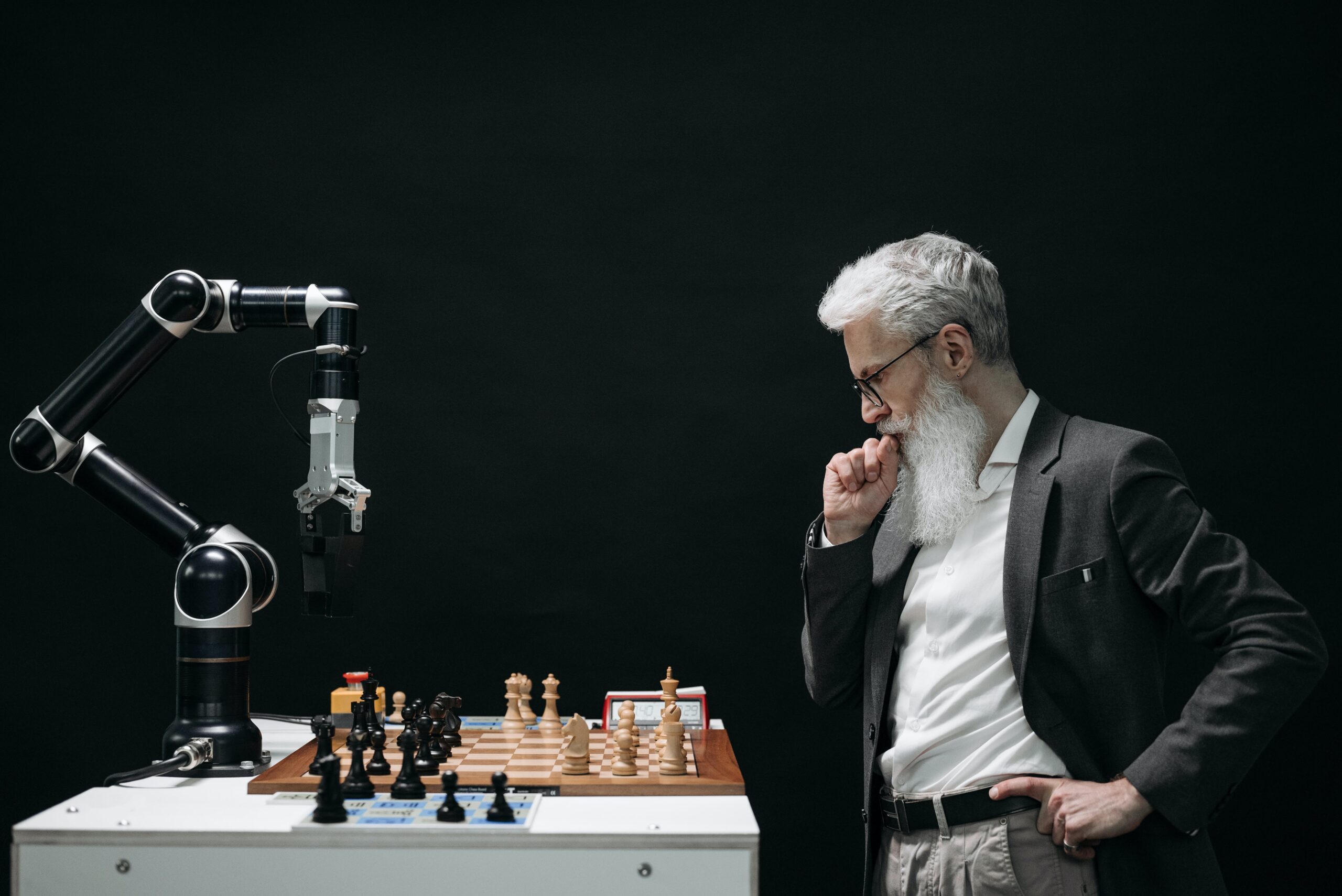Science fiction and reality are becoming more and more blurred as a result of the fast development of AI and other revolutionary technologies. What was formerly the subject of science fiction books and blockbuster movies is now a common occurrence. Let’s examine how this revolution in invention is affecting our future.
Comprehending Artificial Intelligence
AI is essentially the use of software to simulate cognitive processes that have historically only been performed by humans, such as learning and problem-solving. Whether you refer to it as deep learning, artificial neural networks, or machine learning, artificial intelligence has already had a tremendous and astounding influence.

The Global Impact of AI
In 2030, artificial intelligence is expected to have a startling $15.7 trillion influence on the world economy, according to a new PricewaterhouseCoopers analysis. Global GDP will increase by 26% as a result of this technology, with North America and China leading the way. However, how does AI show up in day-to-day activities?
1. Transportation and Autonomous Vehicles
Autonomous car use is on the rise, thanks to advancements in AI. For the purpose of navigating roadways, avoiding obstructions, and making snap choices, these cars are powered by complex algorithms. The prospect of fewer traffic jams and safer roads is no longer just science fiction; it is a reality.
2. Financial Services and Fraud Detection
Financial institutions are leveraging AI for process automation, fraud detection, and risk assessment. Algorithms analyze vast amounts of data to identify suspicious patterns, preventing fraudulent transactions and safeguarding our financial systems.
3. Retail and Consumer Behavior Prediction
Retailers use AI to track consumer behavior, predict trends, and optimize inventory management. From personalized recommendations on e-commerce platforms to targeted marketing campaigns, AI enhances the shopping experience.
4. Virtual Assistants and Chatbots
Amazon’s Alexa, Google’s Home, Apple’s Siri, and Microsoft’s Cortana—all powered by AI—have become ubiquitous. These virtual assistants not only provide information but also study our habits and preferences. Most future transactions will likely involve interacting with AI-based chatbots.

5. Making Business Decisions
AI is used by companies like Coca-Cola for product analysis, which results in products like Cherry Sprite. Vending machine integration with virtual assistants is a future development. Major business choices are guided by AI-driven insights across several industries.
6. The AI Soundtrack Playlists are curated by AI algorithms on music streaming platforms, taking into account our own preferences. These algorithms make customized soundtracks, assess our listening preferences, and forecast our emotions. The merging of creativity and technology is revolutionary and interesting.
7. Social and Ethical Issues
As AI becomes more commonplace, moral dilemmas surface. How can we guarantee responsibility, justice, and transparency? How can biases in algorithms be avoided? It’s critical to strike a balance between innovation and responsible execution.
Conclusion: A New Era
The innovation revolution is no longer science fiction; it’s our reality. As AI continues to evolve, we must embrace its potential while addressing its challenges. The future belongs to those who harness the power of technology to create positive change. So, let’s welcome this new era—one where imagination meets innovation and the impossible becomes possible.







+ There are no comments
Add yours